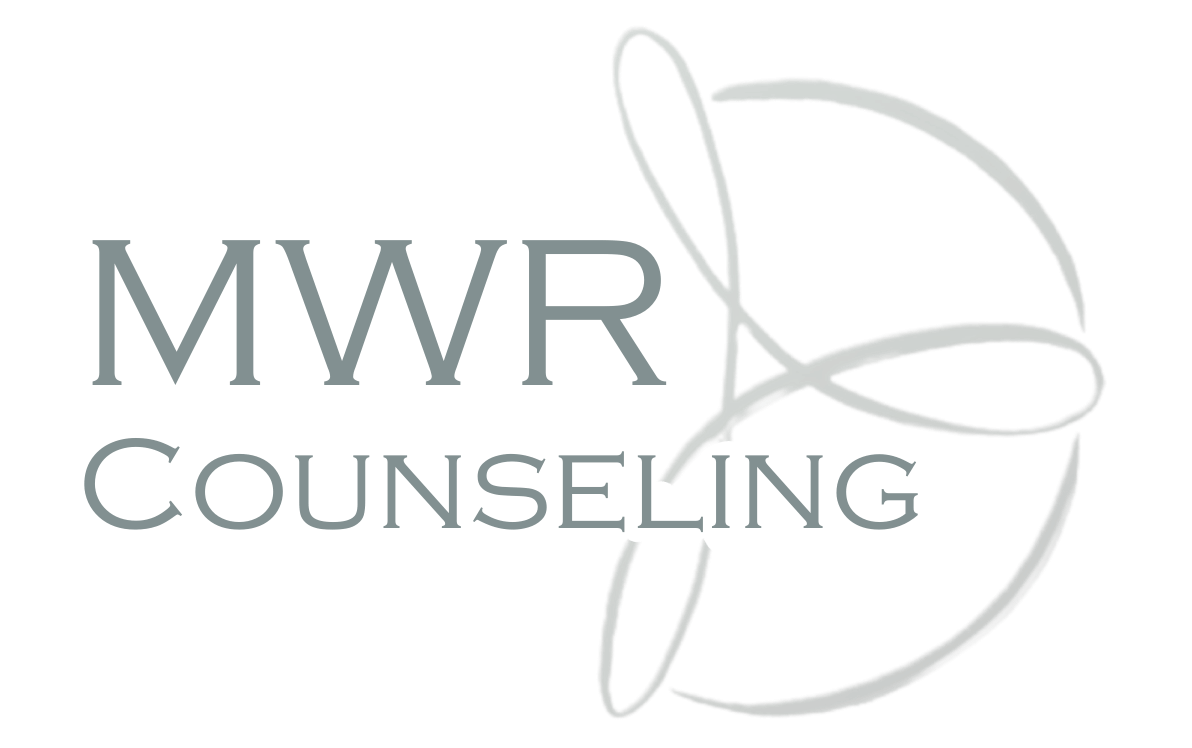FAQs
I’ve never talked to anyone. I’m used to handling things on my own. Aren’t people who go to therapy weak?
Not at all. People who ask for help know when they need it and have the ability to reach out. Everyone needs help now and then. You already have some strengths that you’ve used before, that for whatever reason isn’t working right now. Perhaps this problem feels overwhelming and is making it difficult to access your past strengths. Your counselor will help you identify what those strengths are and how to implement them again in what is happening now.
What’s the difference between talking to you or my best friend or family?
The difference is between someone who can do something, and someone who has the training and experience to do that same thing professionally. A mental health professional can help you approach your situation in a new way– teach you new skills, gain different perspectives, listen to you without judgment or expectations, and help you listen to yourself. Furthermore, therapy is completely confidential. You won’t have to worry about others “knowing my business.” Lastly, if your situation provokes a great deal of negative emotion, if you’ve been confiding in a friend or family member, there is the risk that once you are feeling better you could start avoiding that person so you aren’t reminded of this difficult time in your life.
Why shouldn’t I just take medication?
Medication alone cannot solve all issues. What medication does is treat the symptoms. Counseling is designed to explore the root of the issue, dig deep into your behavior and teach strategies that can help you accomplish your personal and/or relational goals.
Medication can be effective and is sometimes needed in conjunction with therapy.
How does it work? What do I have to do in sessions?
Because each person has different issues and goals for therapy, therapy will be different depending on the individual. MWR Counselors tailor their therapeutic approach to your specific needs.
How long will it take?
Unfortunately, this is not possible to say in a general FAQs page. Everyone’s circumstances are unique to them and the length of time therapy can take to allow you to accomplish your goals depends on your desire for personal development, your commitment, and the factors that are driving you to seek therapy in the first place.
I want to get the most out of therapy. What can I do to help?
Your active participation and dedication is crucial to your success. After all, you only meet with your counselor for a session a week. It’s the work you do outside of your counseling sessions that will really help you see your personal growth and development. Your counselor will have specific recommendations for work you can do between sessions to help you get the most out of therapy.
My partner and I are having problems. Should we be in individual counseling or come together?
Both individual and couples counseling can be beneficial to address problems in your relationship. Individual counseling can help you to address past experiences, relationship patterns, and/or mental health symptoms that may be contributing to current challenges. Couples counseling can help you and your partner to address communication, conflict resolution, trust, and other relationship-focused needs. You may opt to participate in both individual and couples counseling at the same time, although we typically recommend that you see a different counselor for each service.
What should I expect from my first therapy appointment?
Your first appointment will be an assessment. There will be initial paperwork for you to fill out and your counselor will talk with you about the reasons you’re seeking therapy, how your life is being impacted, and what your therapeutic goals are. They will assist you in determining next steps and may recommend additional resources that might help you.
Will insurance cover my services at your office?
Your coverage will depend on a few different factors:
- your specific insurance plan
- the services you are receiving
- your mental health diagnosis
More information about calling your insurance company to discuss your benefits can be found here.
FAQs specific to insurance coverage can be found here.




